
The combined use of cutting-edge geospatial analyses with ethnographically-grounded data will allow us to disentangle the interwoven relationships between IEK changes and biodiversity loss
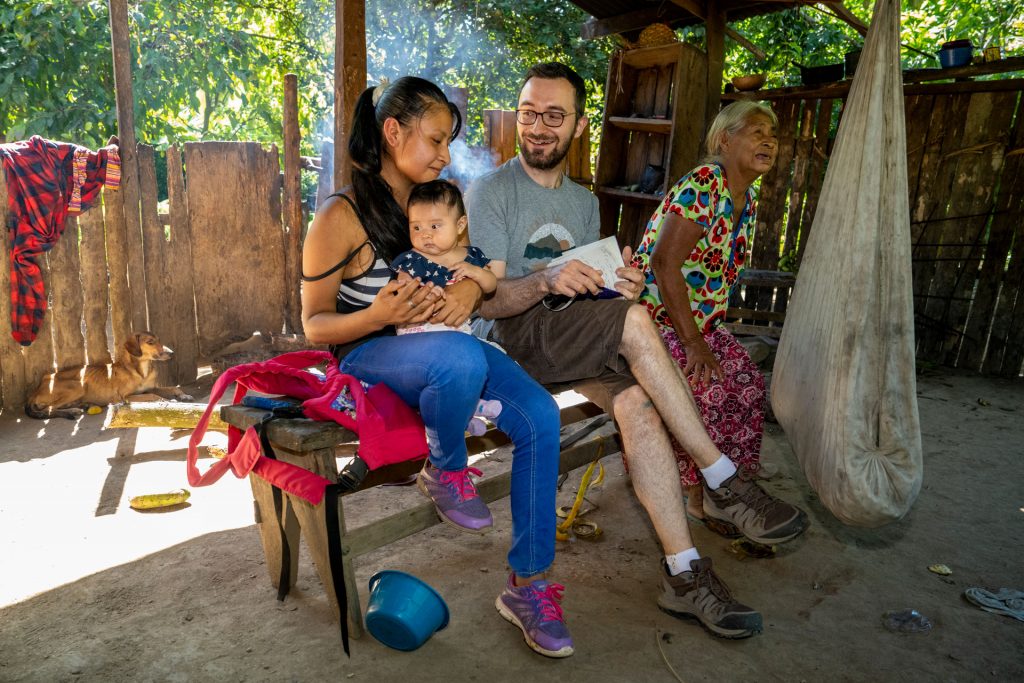
Across the world, Indigenous Peoples hold deep bodies of environmental knowledge that have guided land stewardship for generations. Yet ethnobiological research has produced contradictory findings about how these systems of Indigenous Environmental Knowledge are changing. Some studies highlight erosion, where knowledge is being lost under the pressure of external forces, while others emphasize adaptability, creativity, and resilience.
What remains largely unknown are the ecological consequences of such changes. Do shifts in knowledge practices affect biodiversity? If so, how? Answering these questions has been difficult because ethnobiologists rarely have access to long-term data that allow us to track knowledge change, as well as its social-ecological impacts, over extended periods of time.
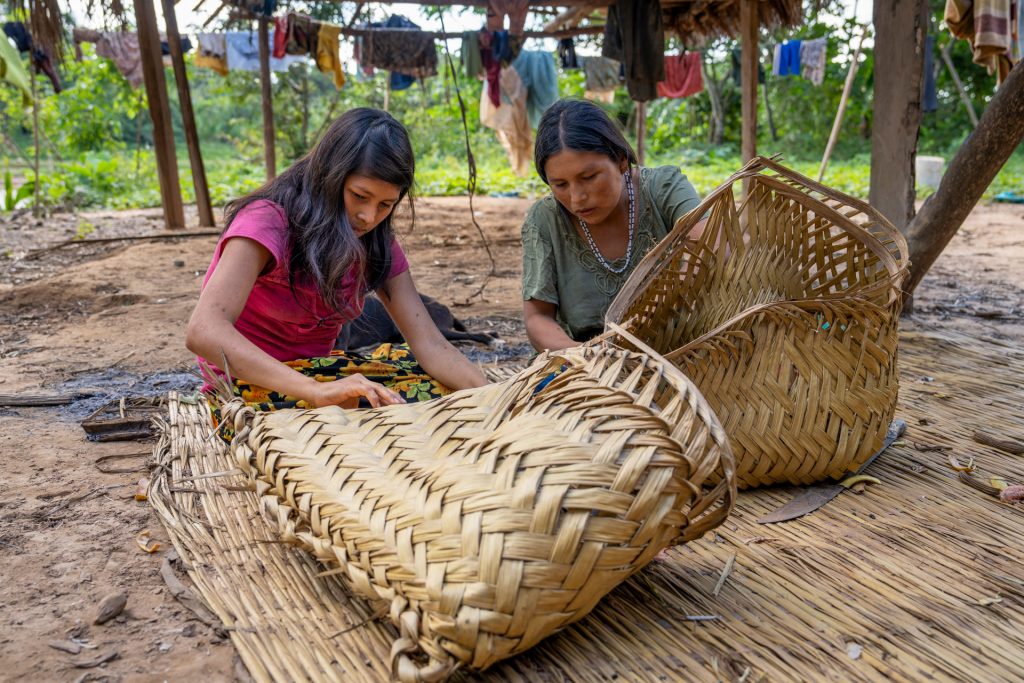
This project seeks to fill this gap. Our overarching aim is to develop new theory and methods for rigorously assessing both continuity and change in Indigenous knowledge systems, and to better understand how these processes are interwoven with biodiversity dynamics.
By working in a setting where Indigenous knowledge systems are rapidly transforming, we can test the robustness of previous findings, explore new questions about the entanglement of biological and cultural diversity, and push methodological boundaries. Advances in geospatial analysis and statistical methods allow us to disentangle cause from correlation, estimate the rates at which knowledge systems shift, and explore their ecological implications, all while attending to the ways these changes are experienced and understood locally.
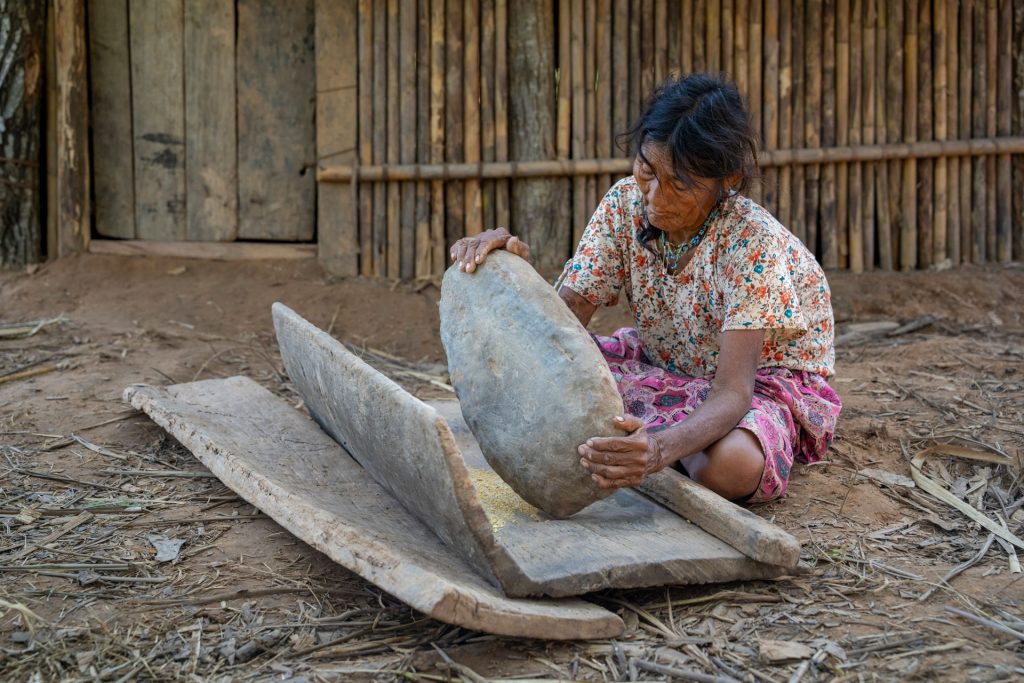
This project is innovative in two main ways. First, it pioneers the quantitative assessment of knowledge change through robust methodologies, including longitudinal panel data and expert elicitation surveys. Second, it deliberately integrates social and ecological data, weaving together ethnobiological fieldwork with geospatial analysis, historical ecology, and even Futures Thinking to envision possible trajectories ahead.
What makes this possible is an exceptional research infrastructure: long-term ethnobiological datasets for a single Indigenous group, combined with ecological information and remote sensing imagery. Such a comprehensive baseline is almost unheard of in ethnobiology. This rare convergence of data and methods provides an unparalleled chance to achieve a major leap forward in understanding how knowledge systems evolve, and why their futures matter for both people and the planet.
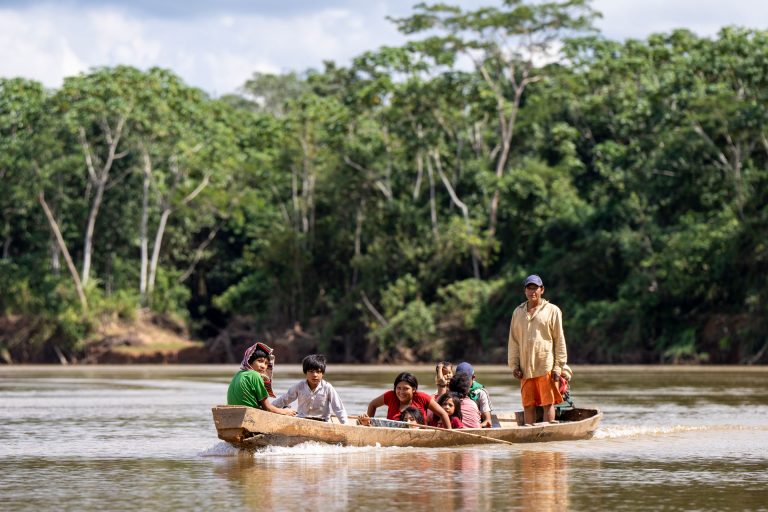
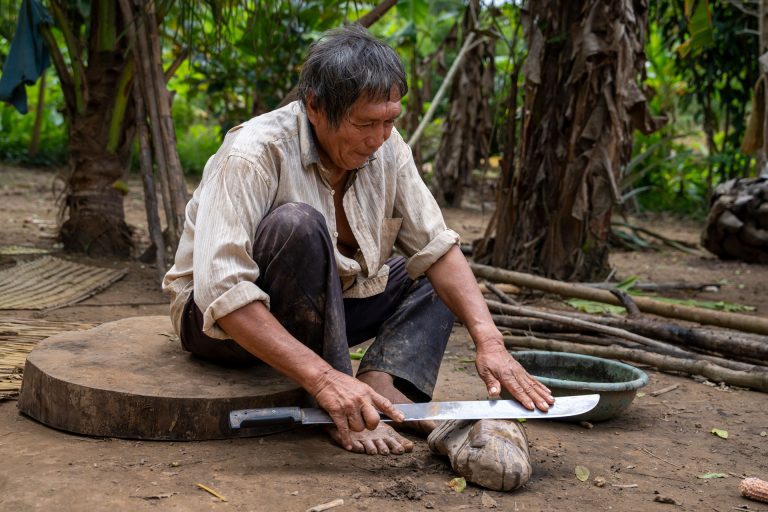
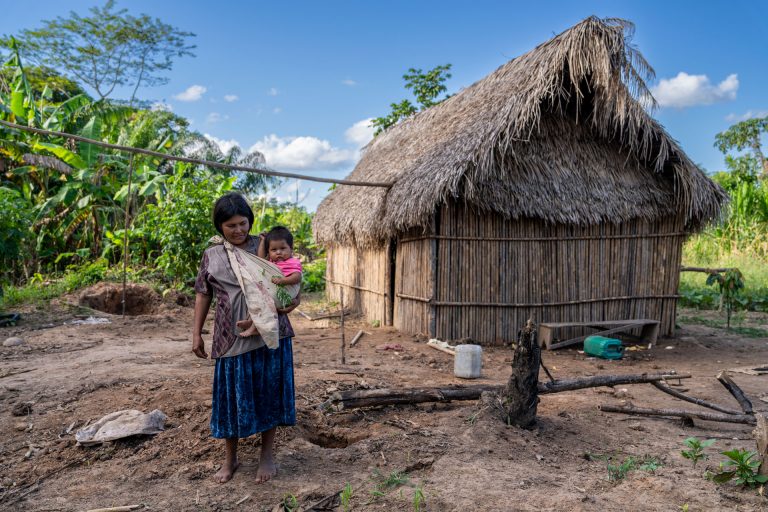
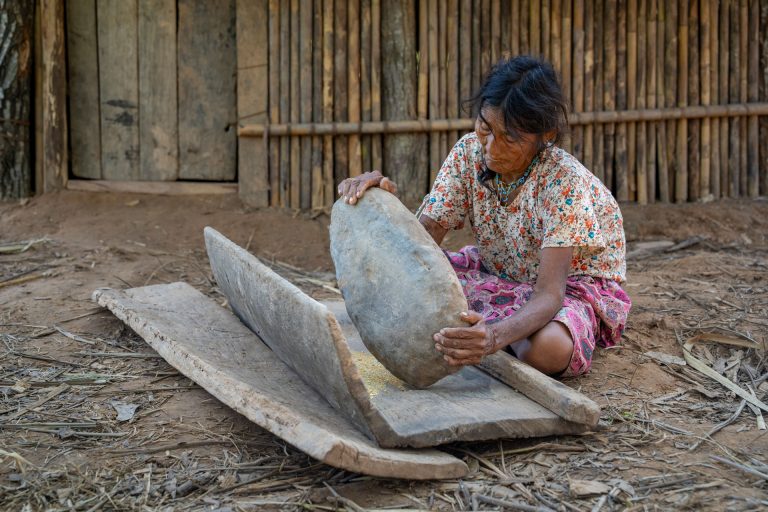
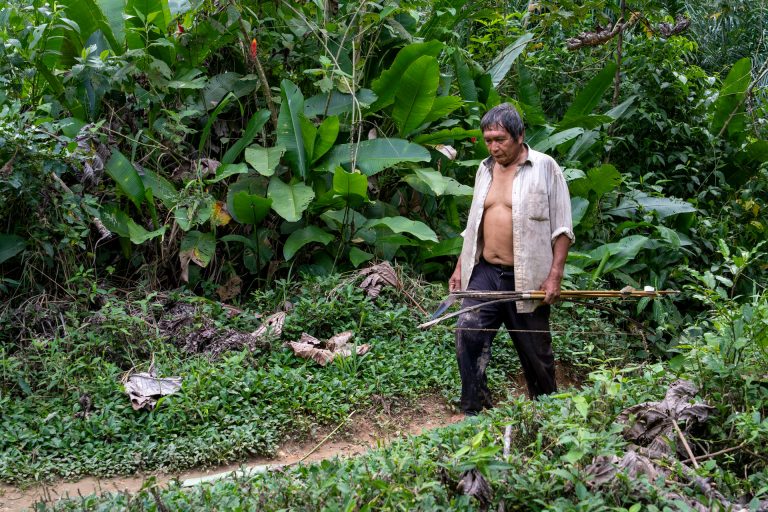
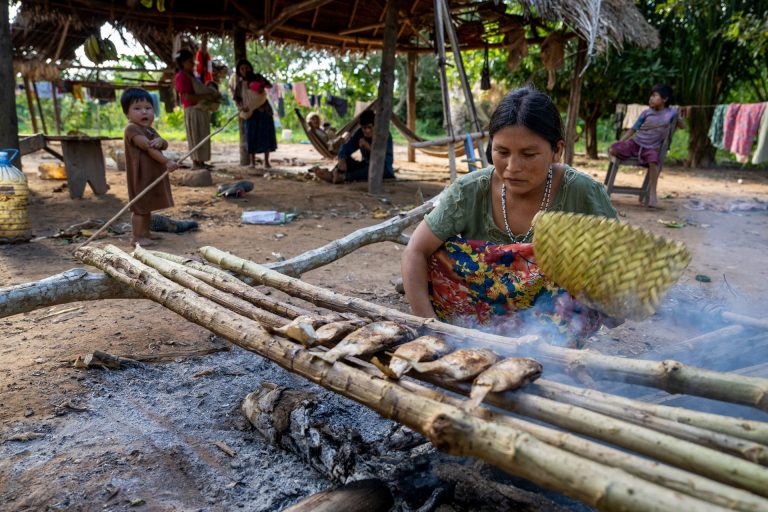
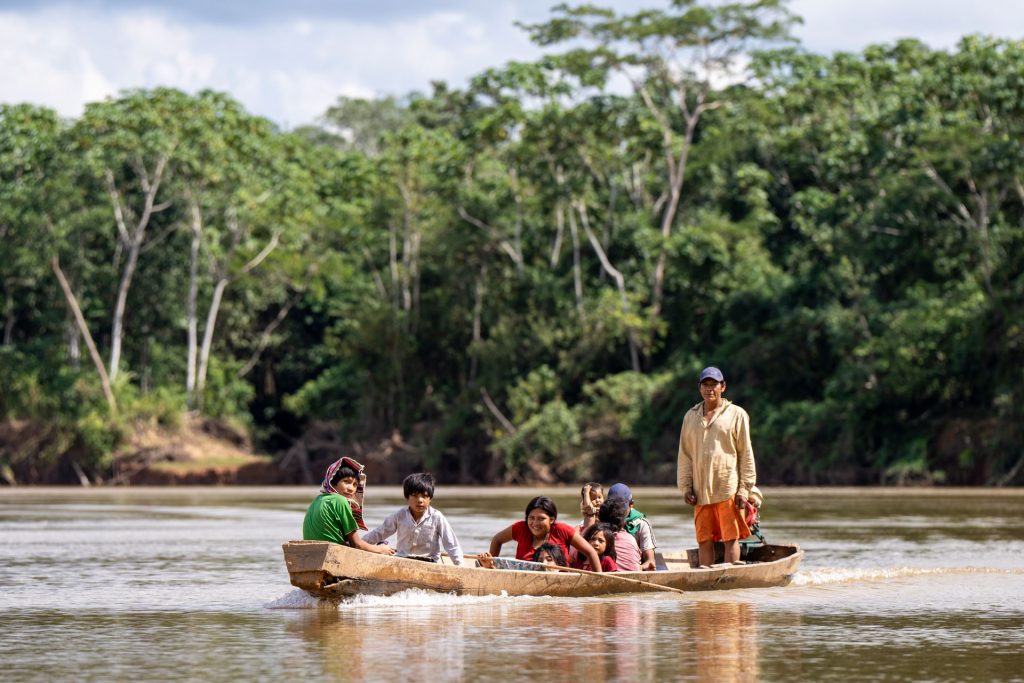
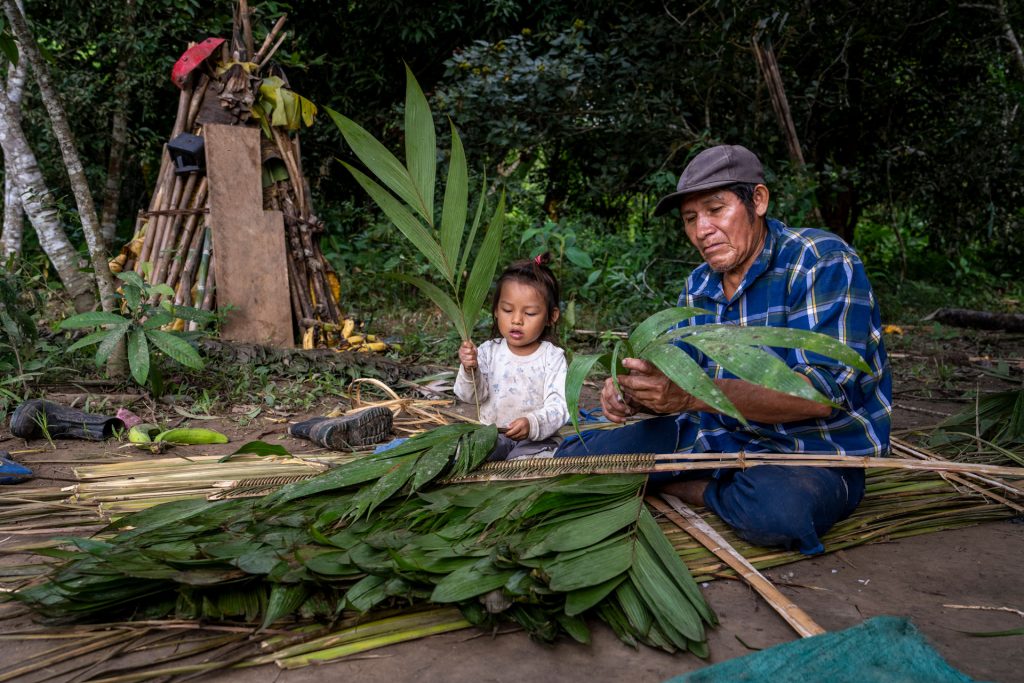







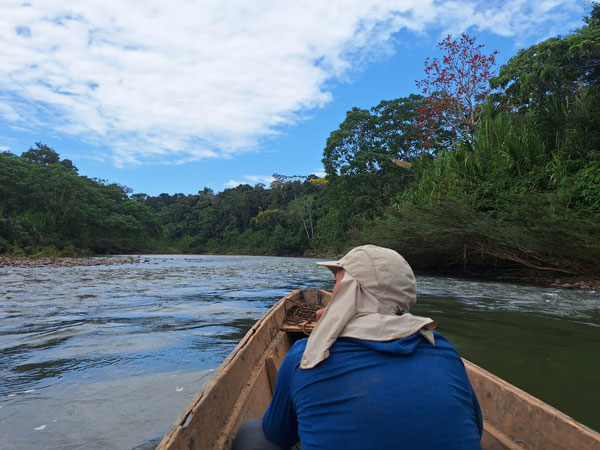
This project is innovative in two main ways. First, it pioneers the quantitative assessment of knowledge change through robust methodologies, including longitudinal panel data and expert elicitation surveys. Second, it deliberately integrates social and ecological data, weaving together ethnobiological fieldwork with geospatial analysis, historical ecology, and even Futures Thinking to envision possible trajectories ahead.
What makes this possible is an exceptional research infrastructure: long-term ethnobiological datasets for a single Indigenous group, combined with ecological information and remote sensing imagery. Such a comprehensive baseline is almost unheard of in ethnobiology. This rare convergence of data and methods provides an unparalleled chance to achieve a major leap forward in understanding how knowledge systems evolve, and why their futures matter for both people and the planet.


The IEK-CHANGES project is an ERC Starting Grant funded by the European Union (IEK-CHANGES, 101117423) to Dr. Álvaro Fernández-Llamazares.
Views and opinions expressed are however those of the author(s) only and do not necessarily reflect those of the European Union or the European Research Council Executive Agency. Neither the European Union nor the granting authority can be held responsible for them.